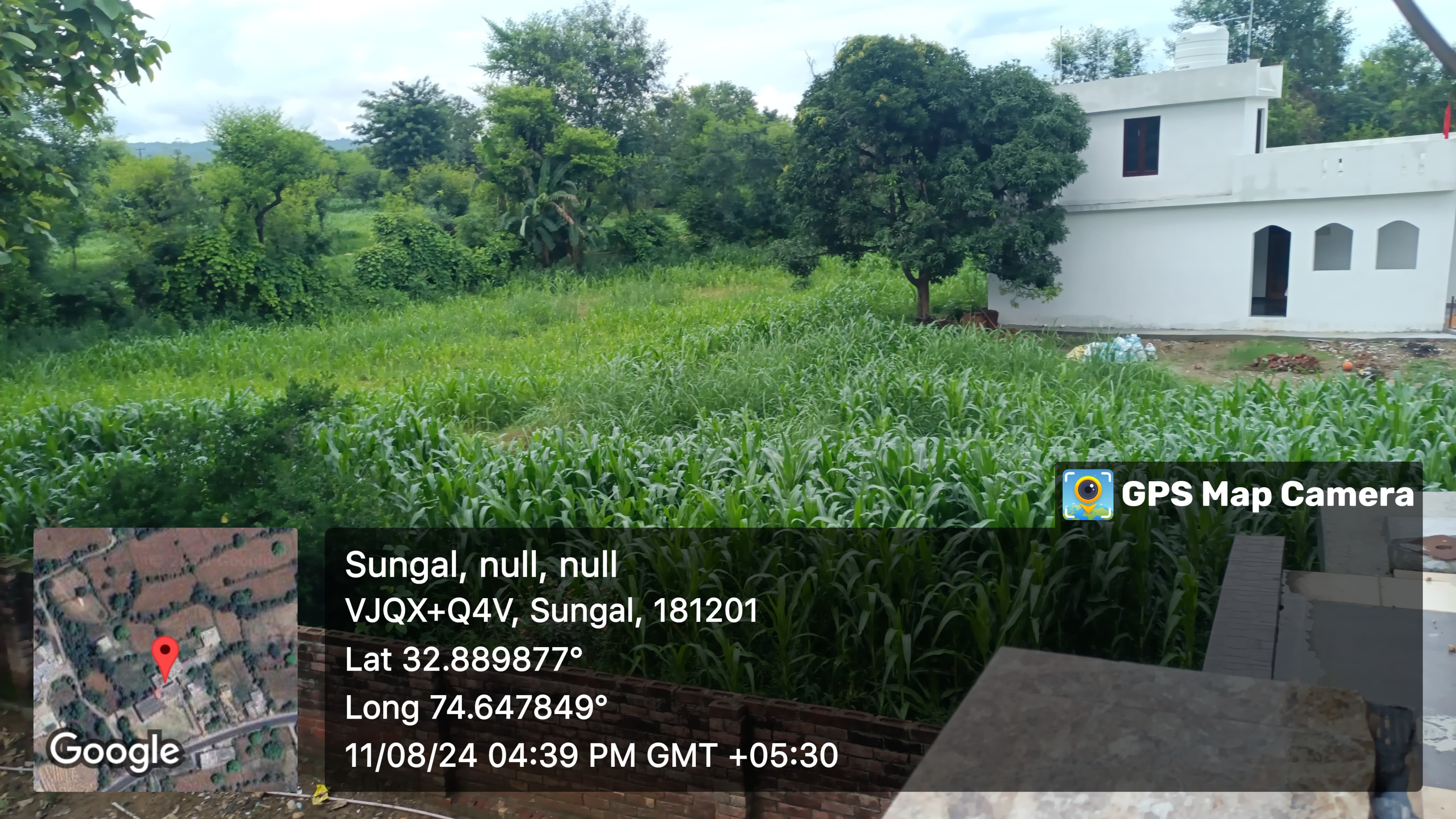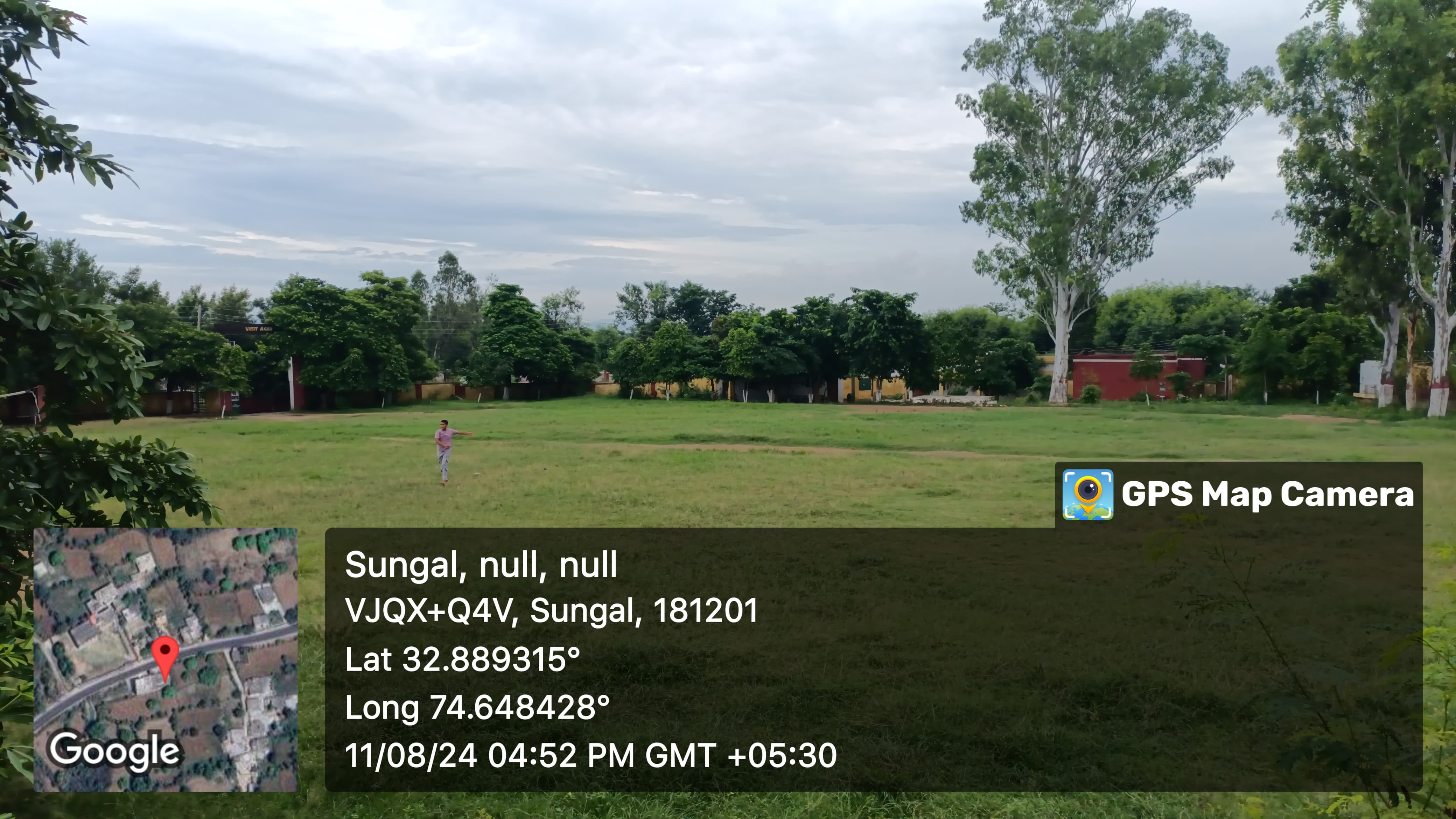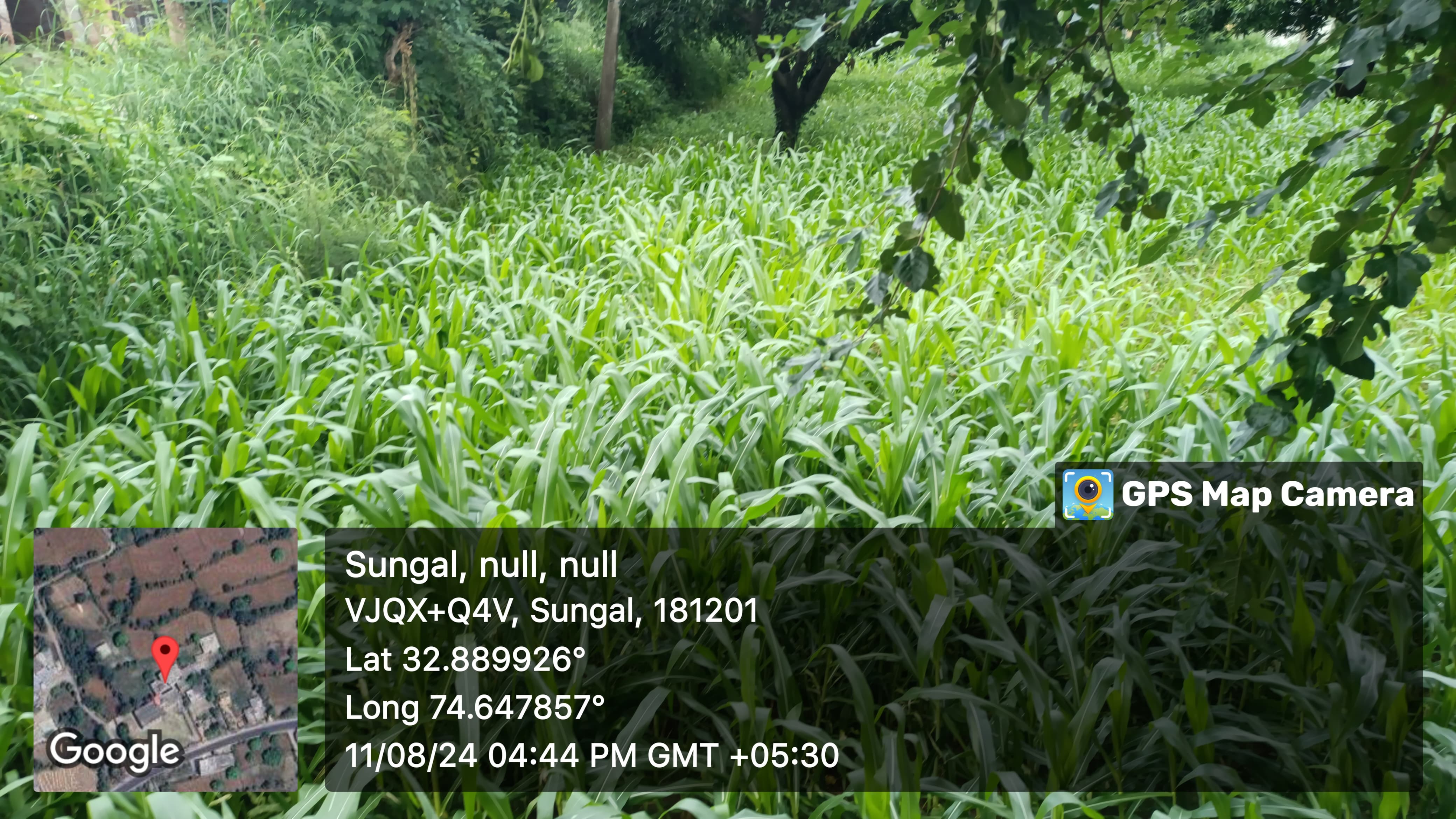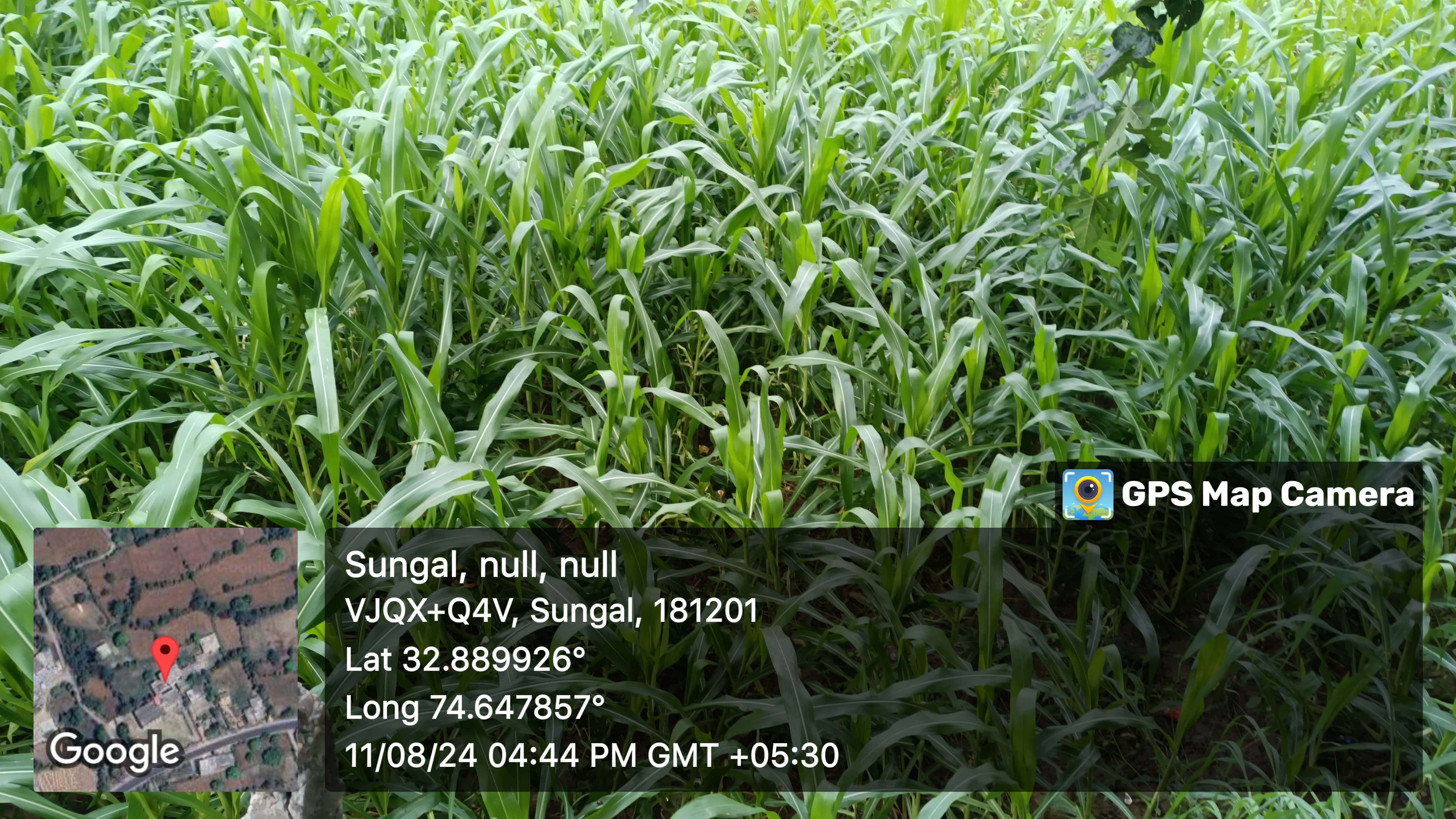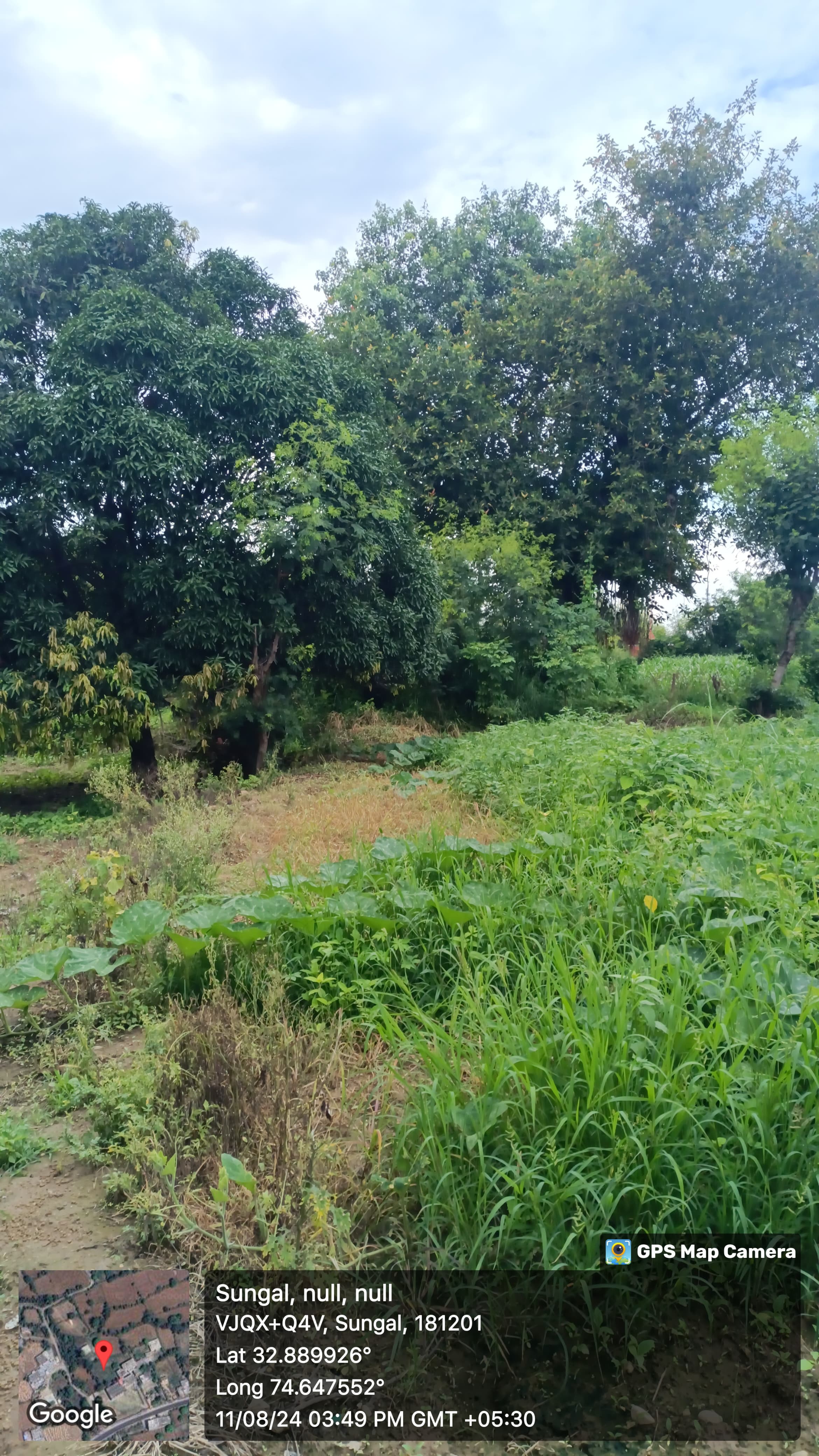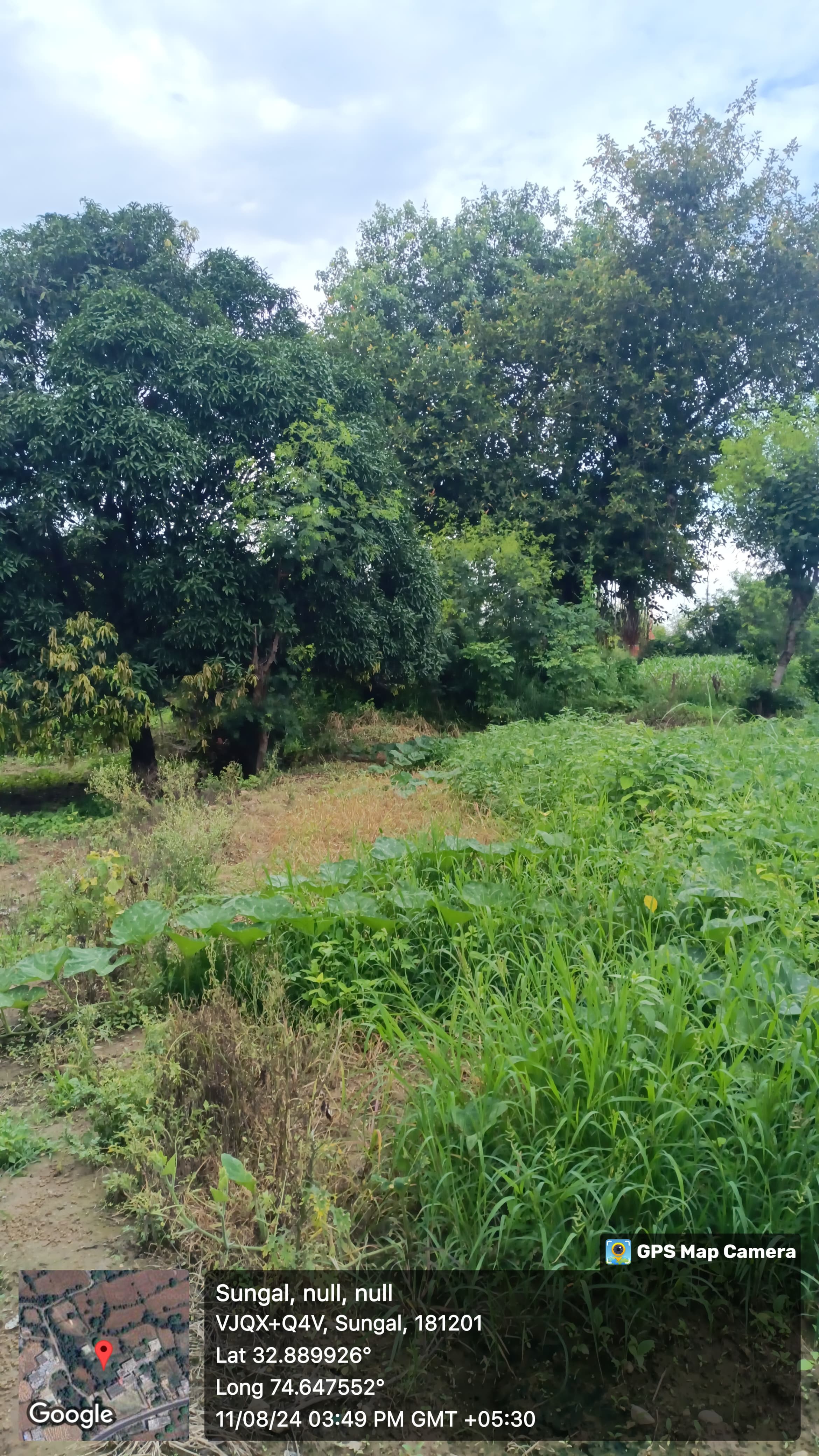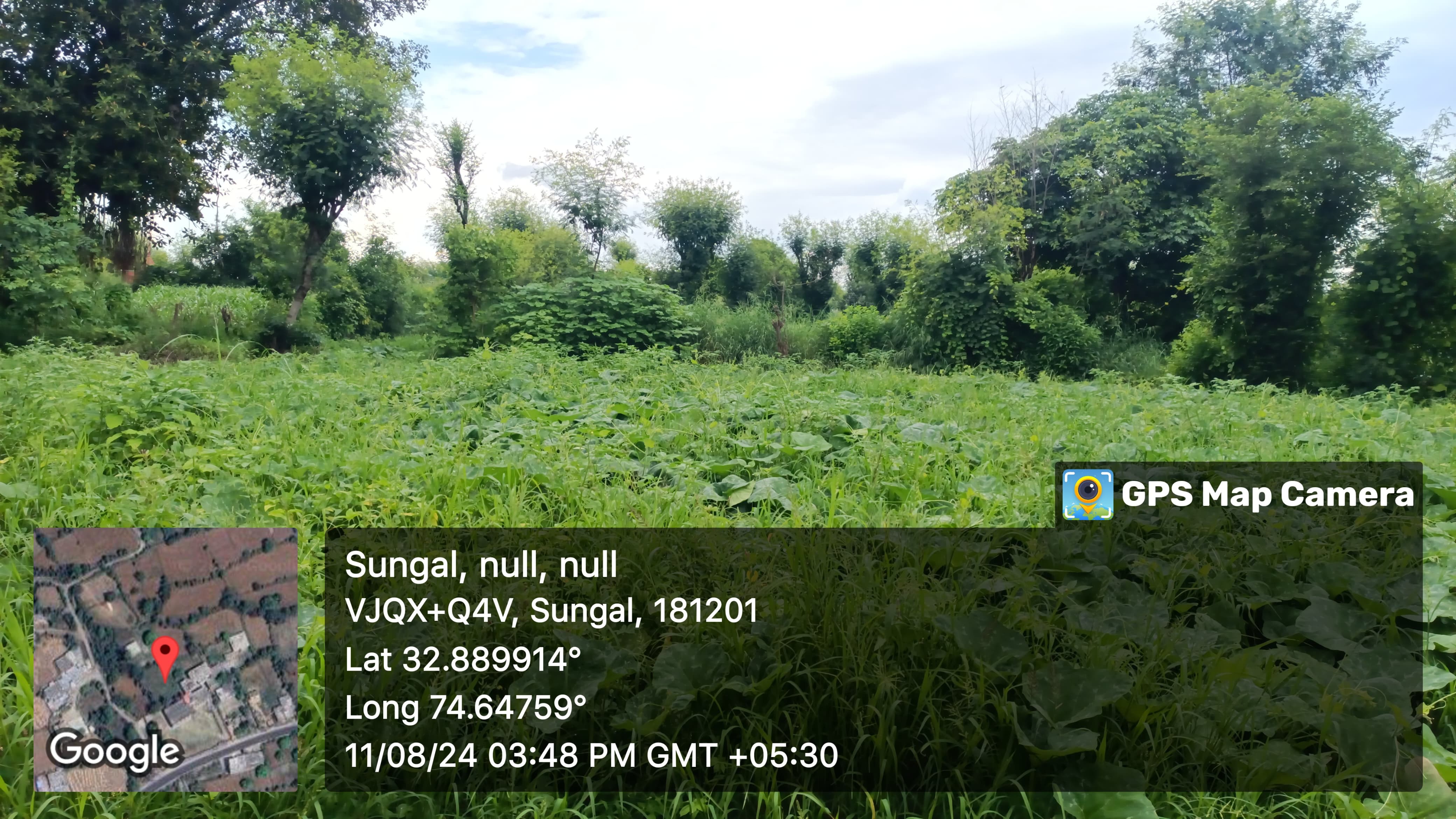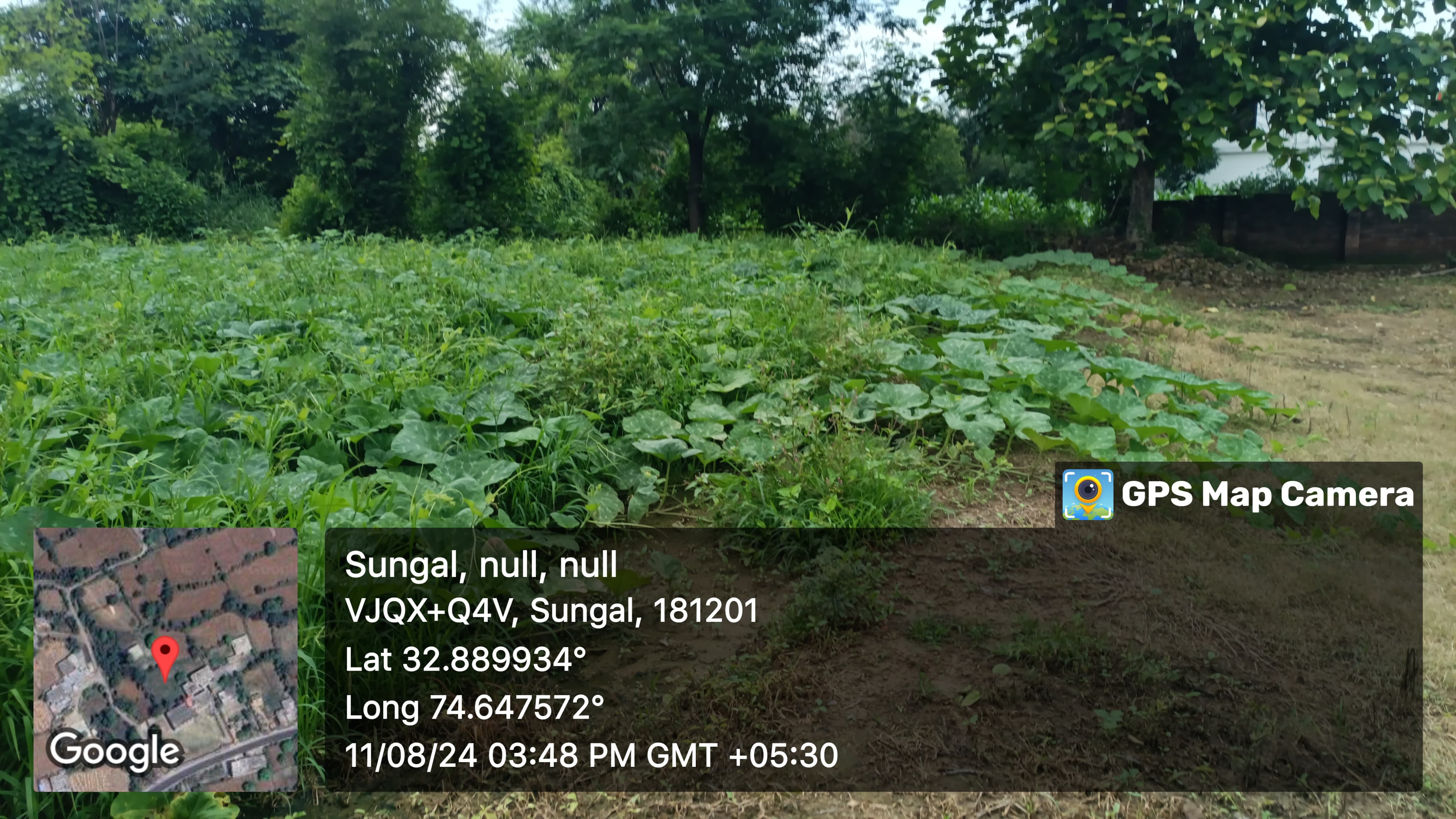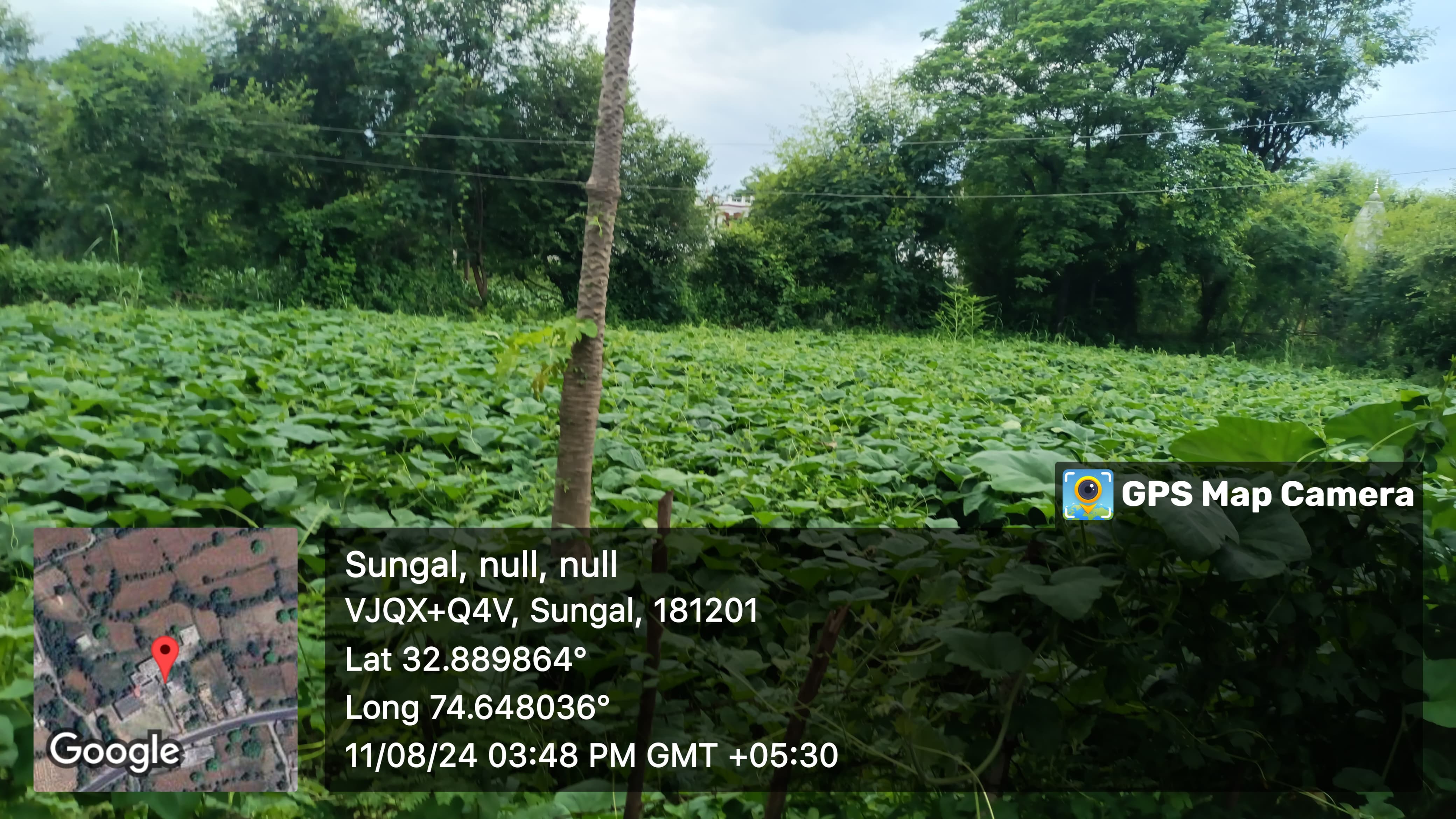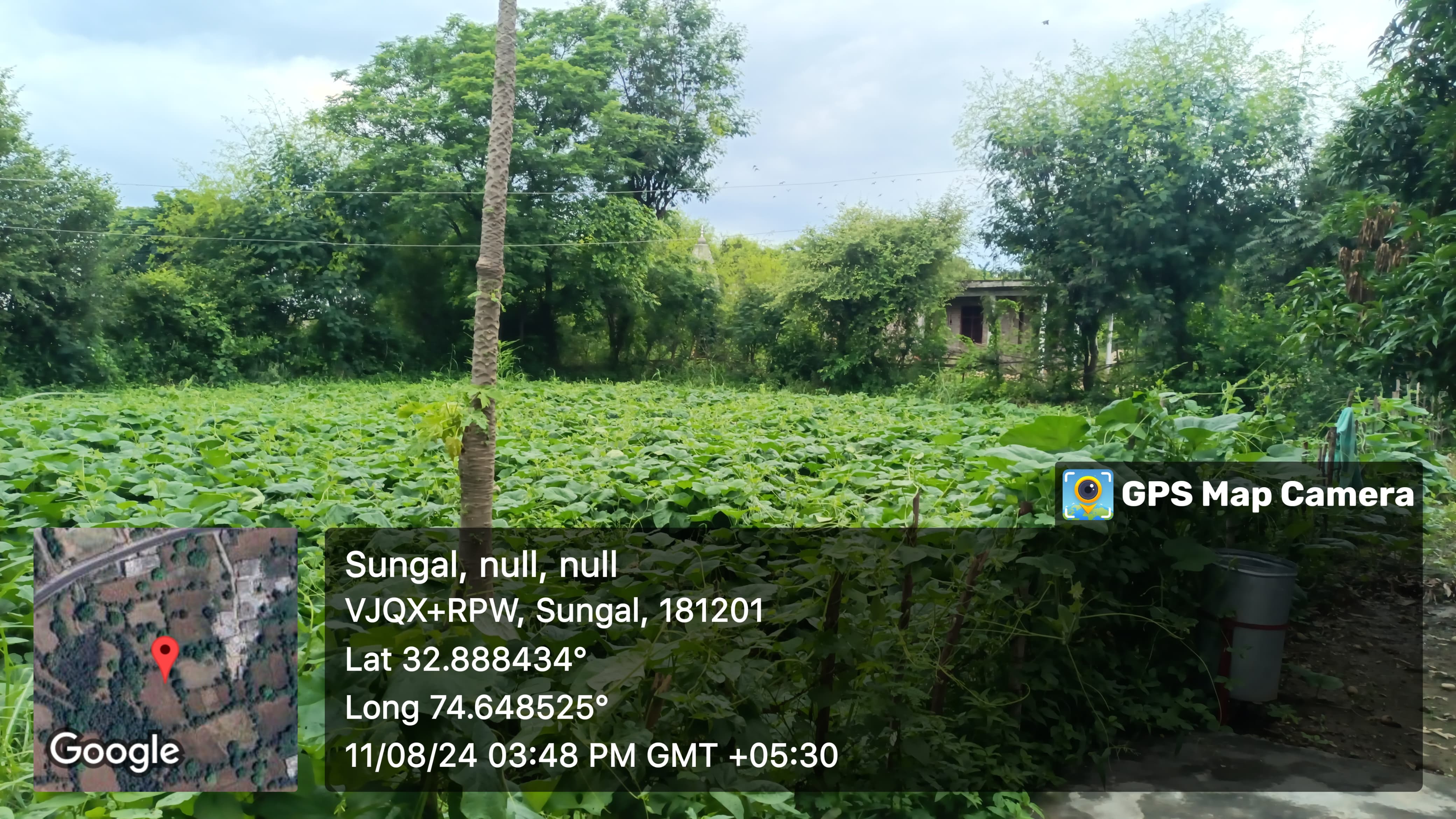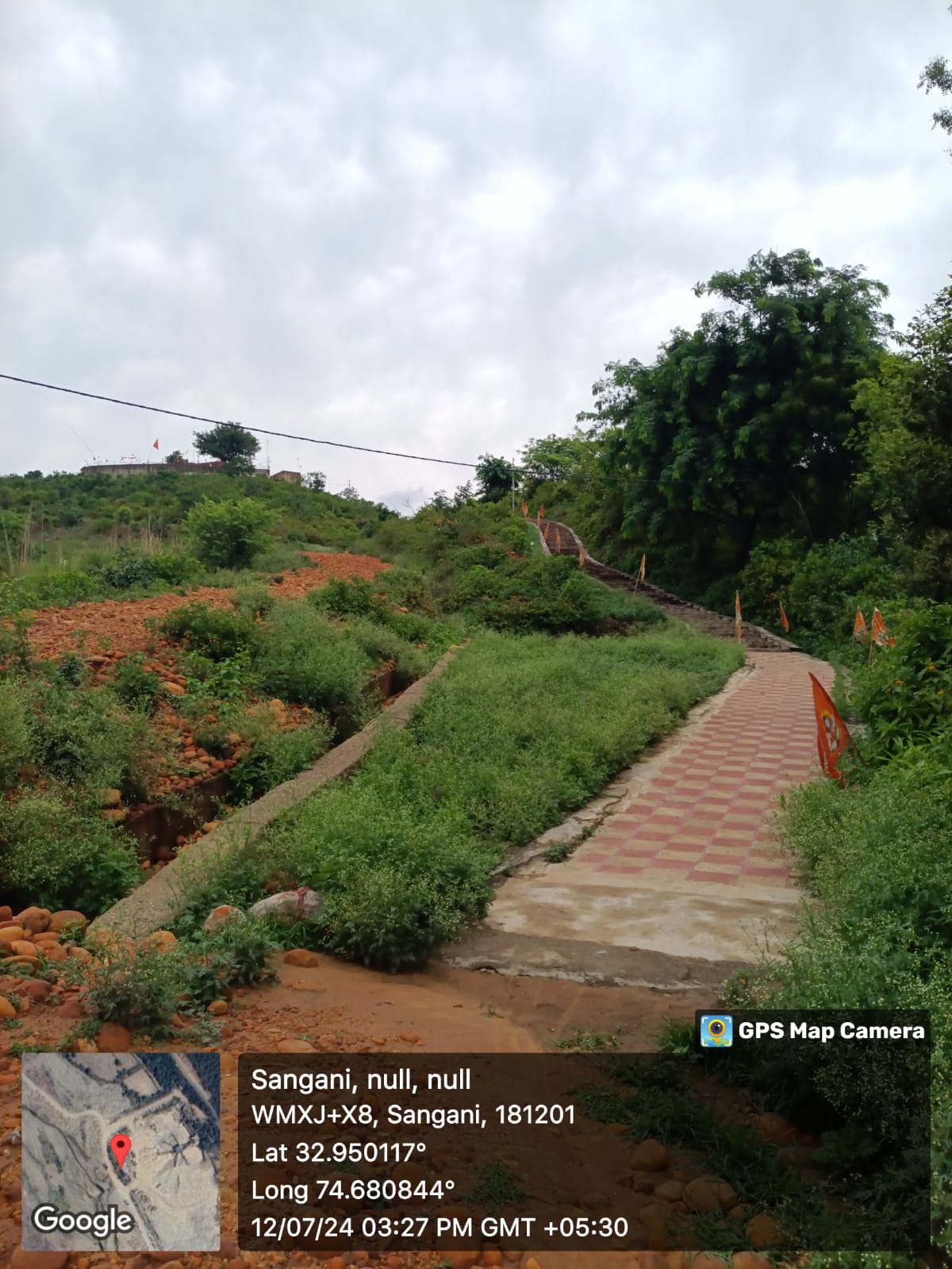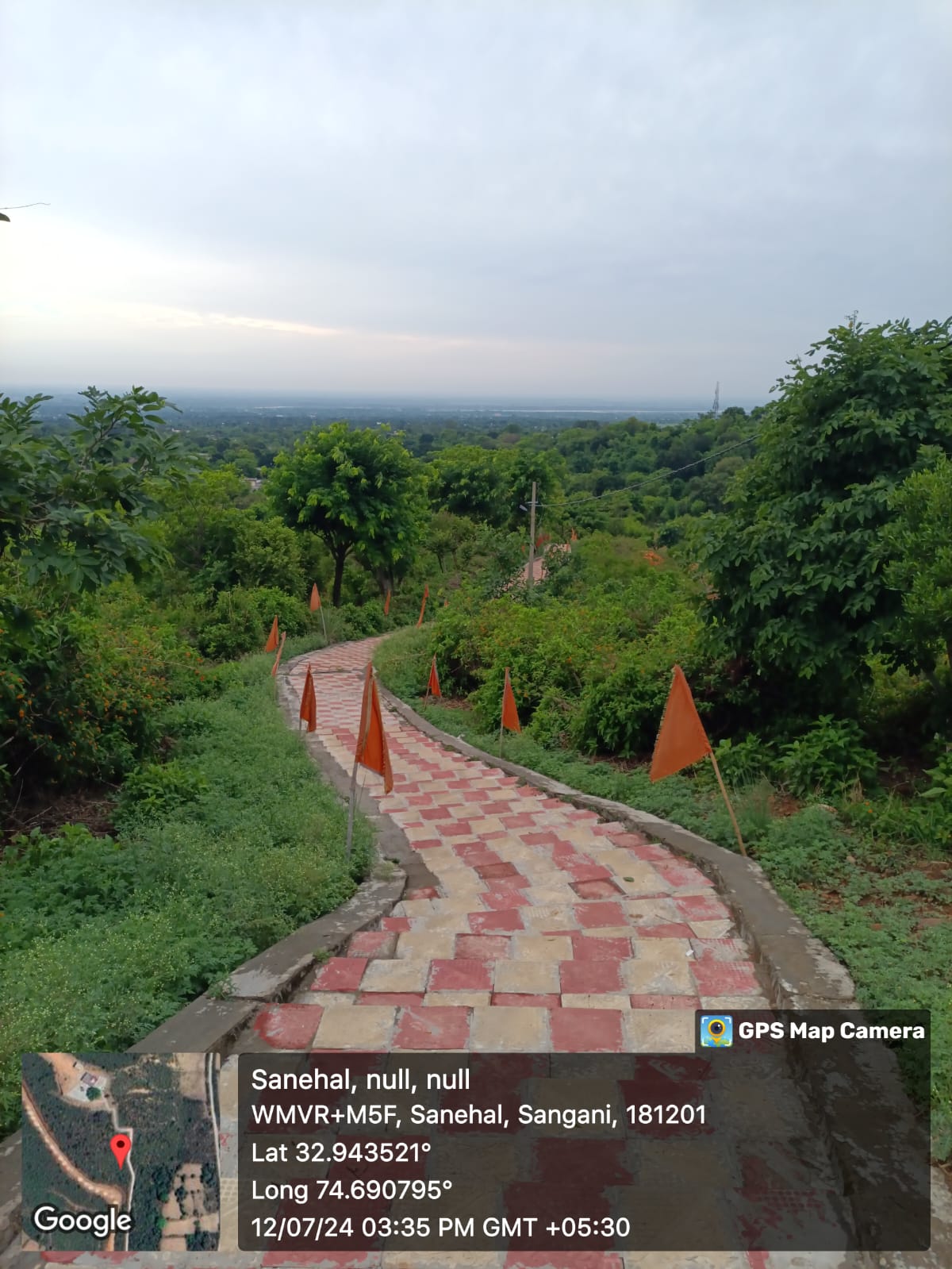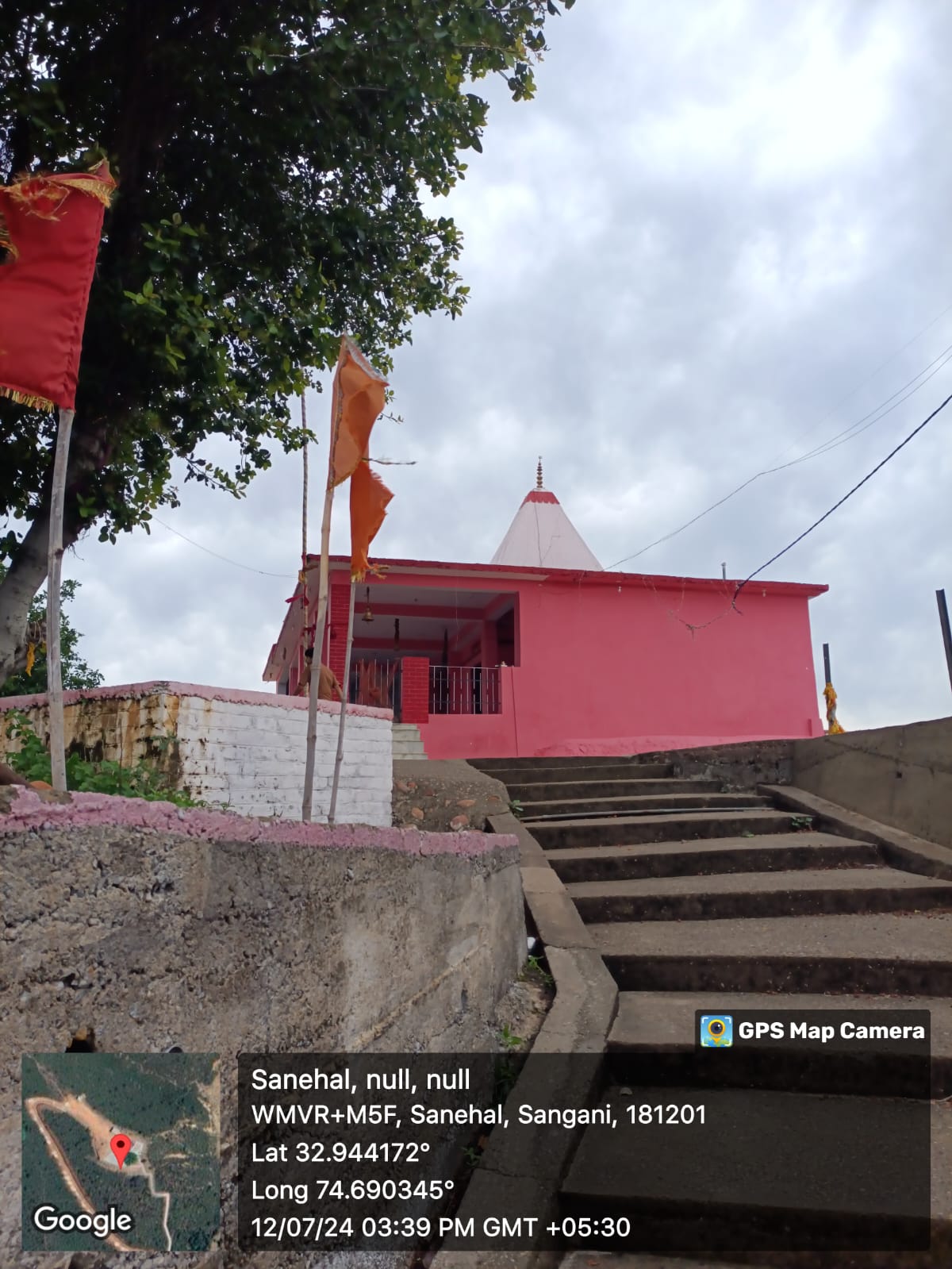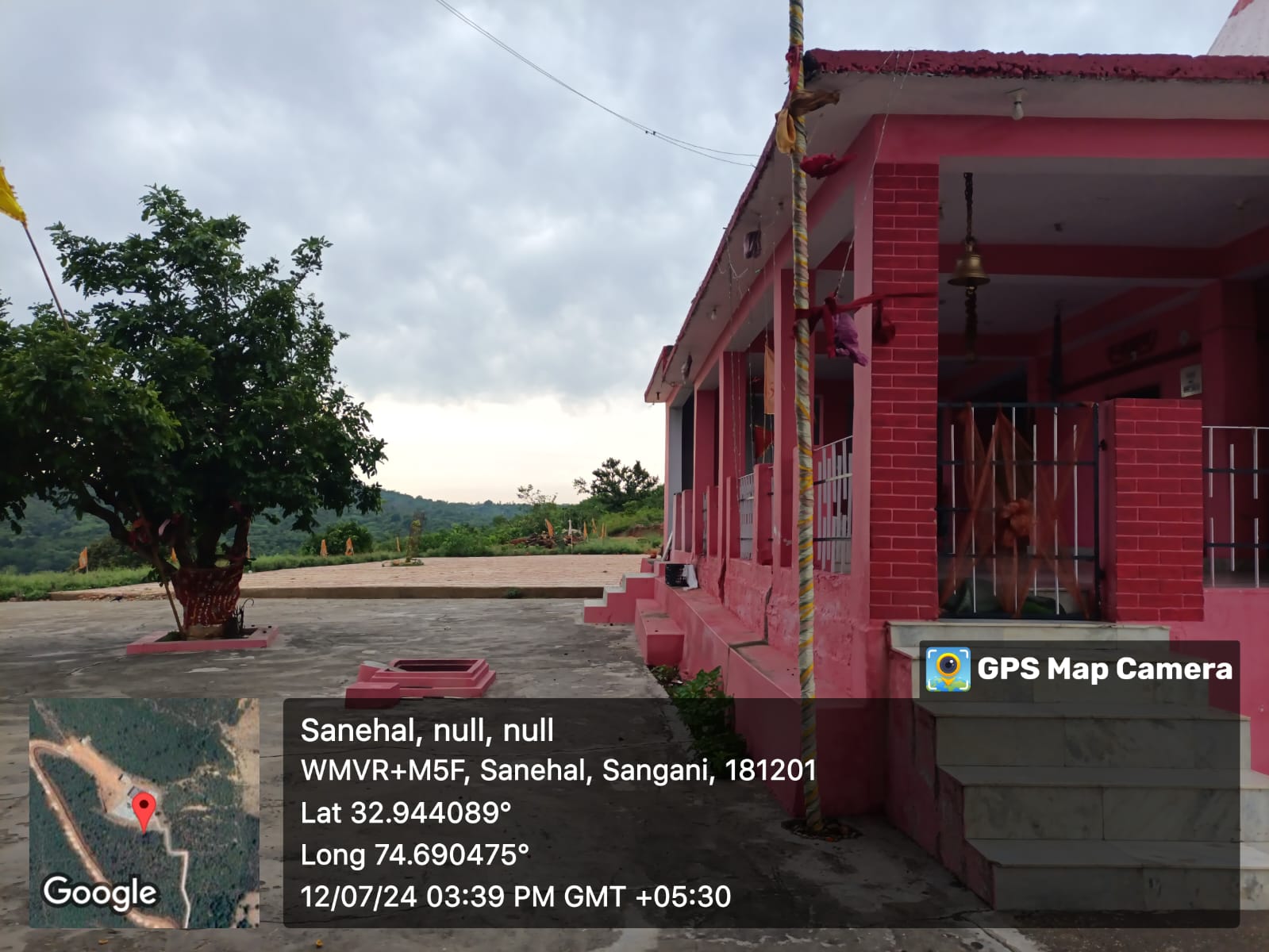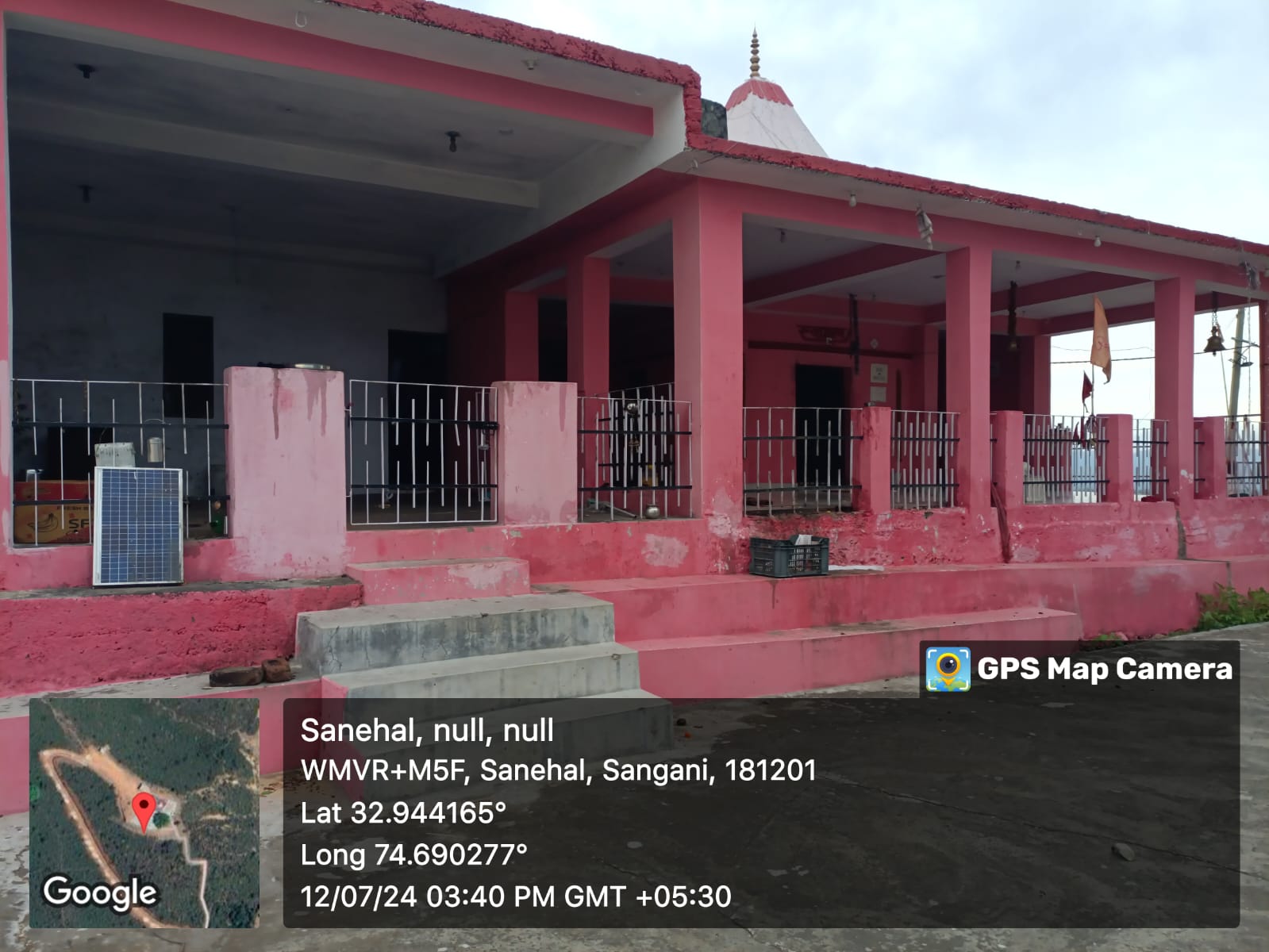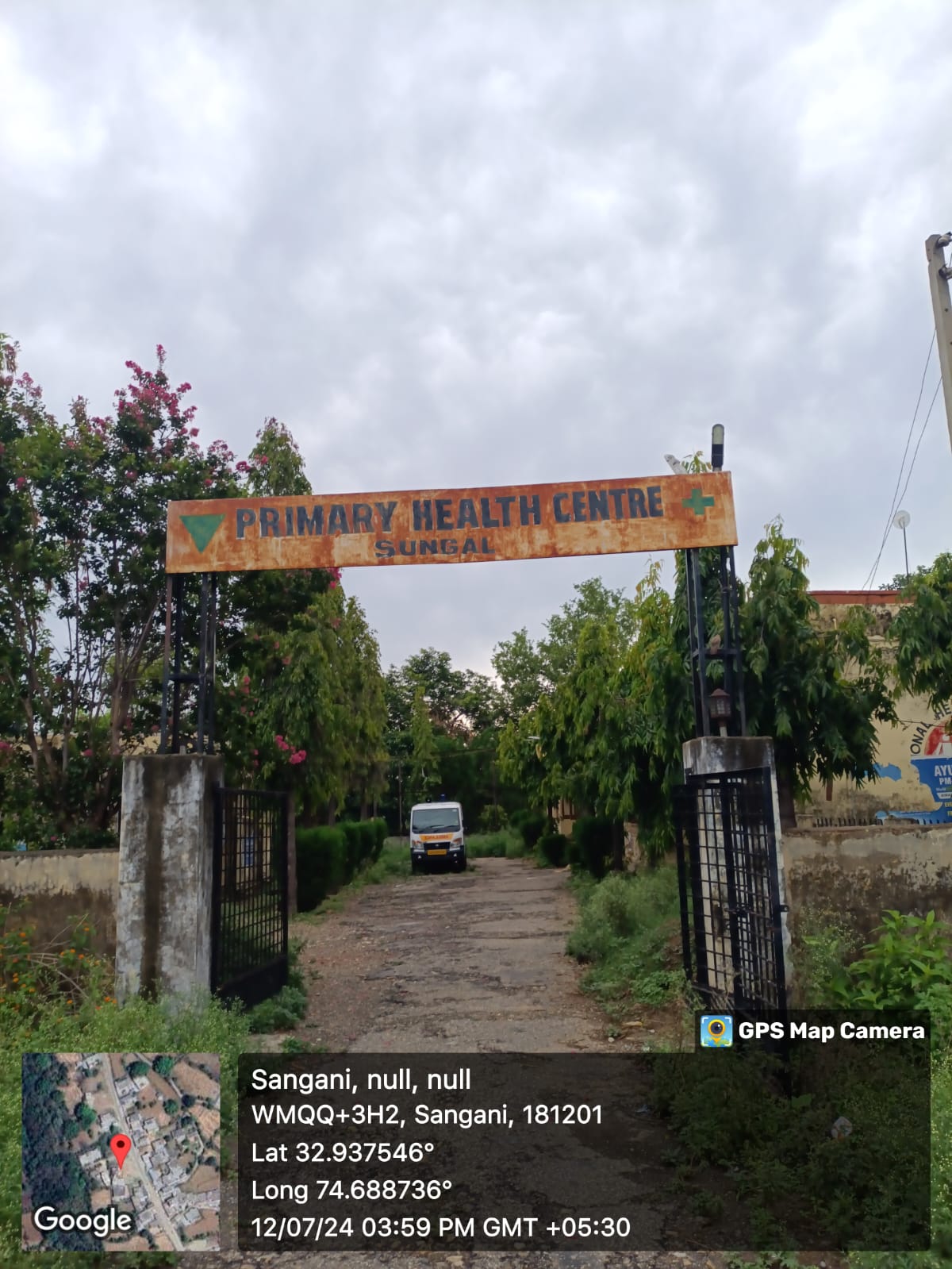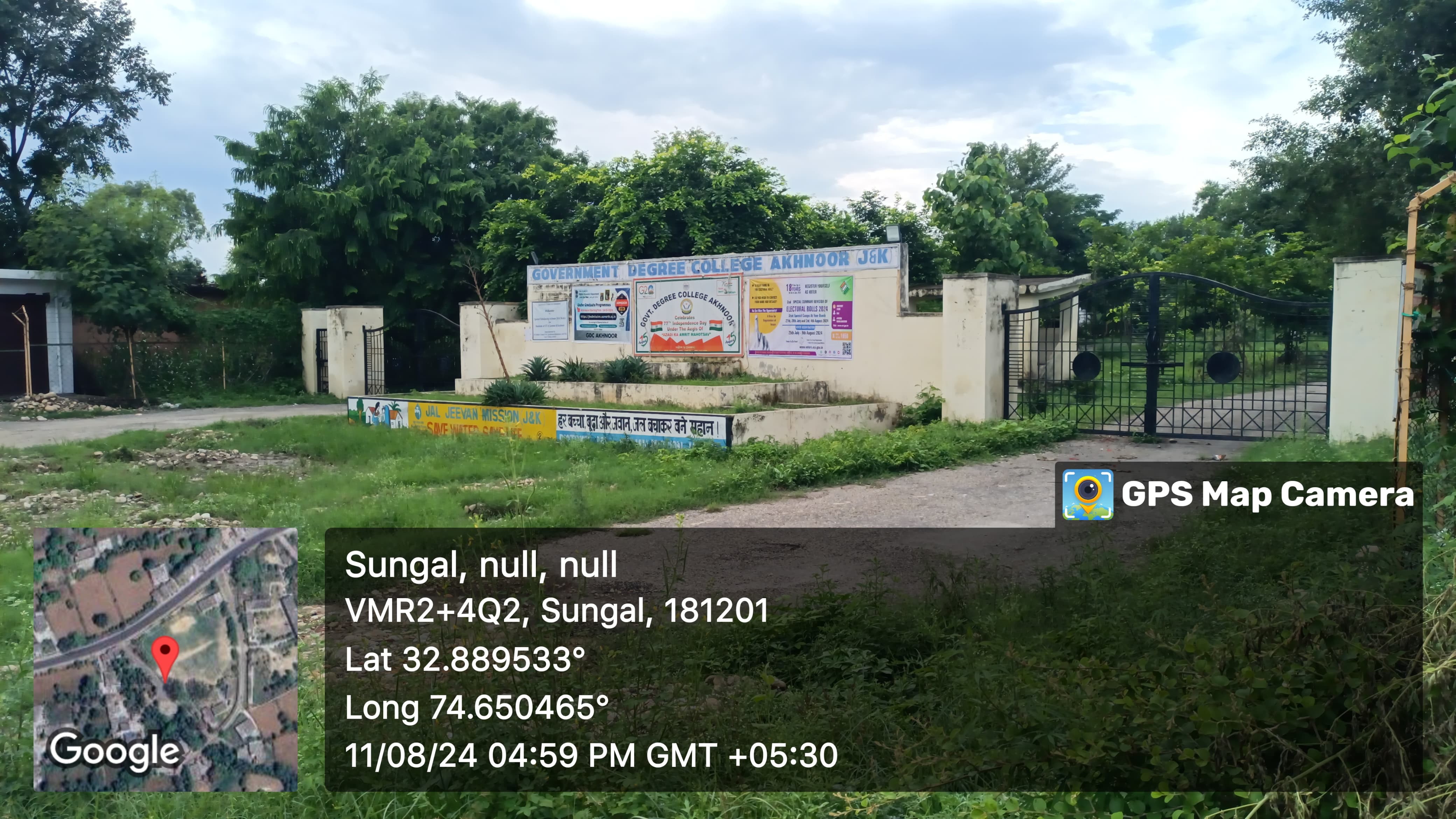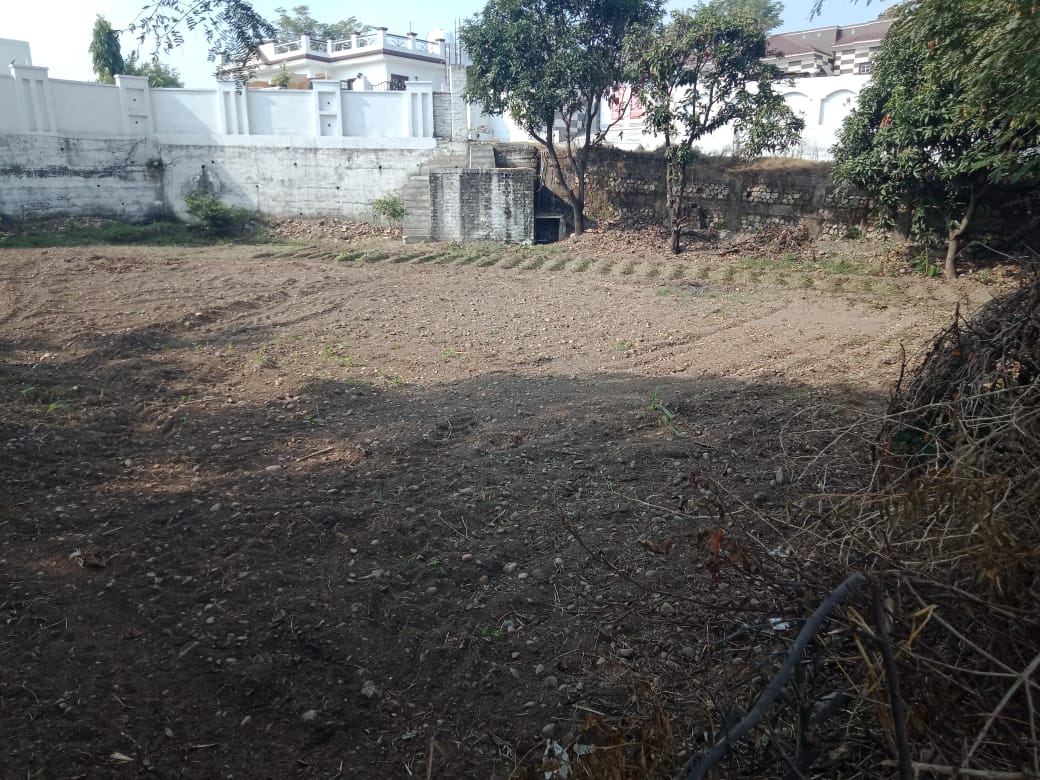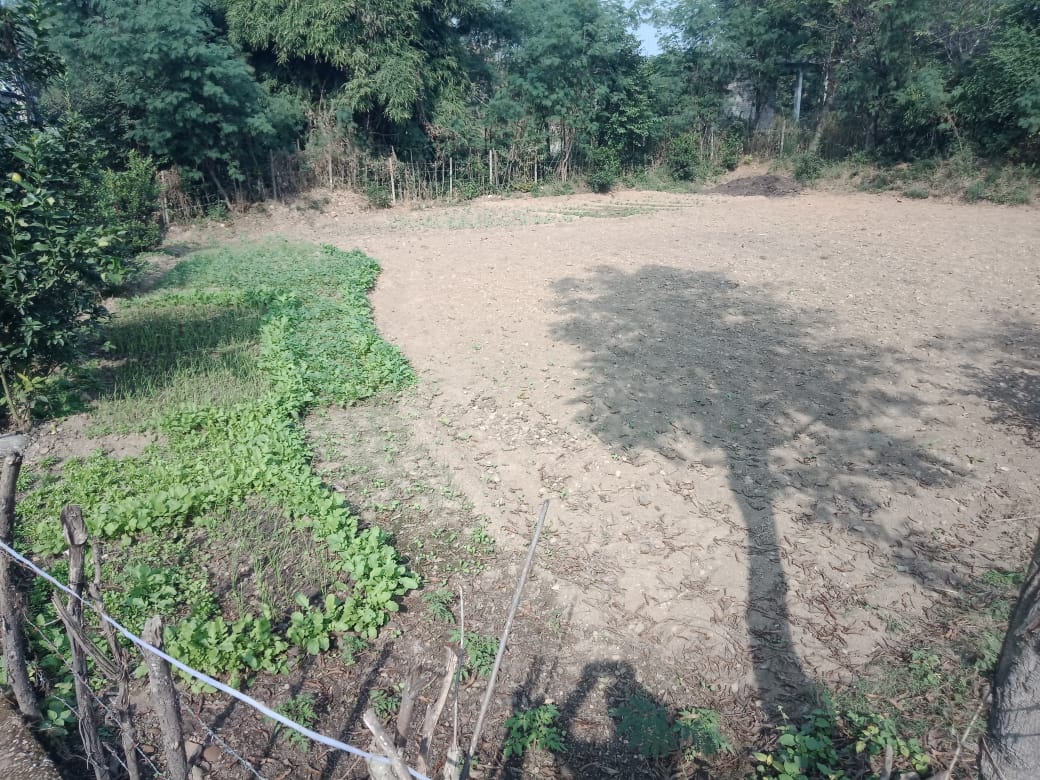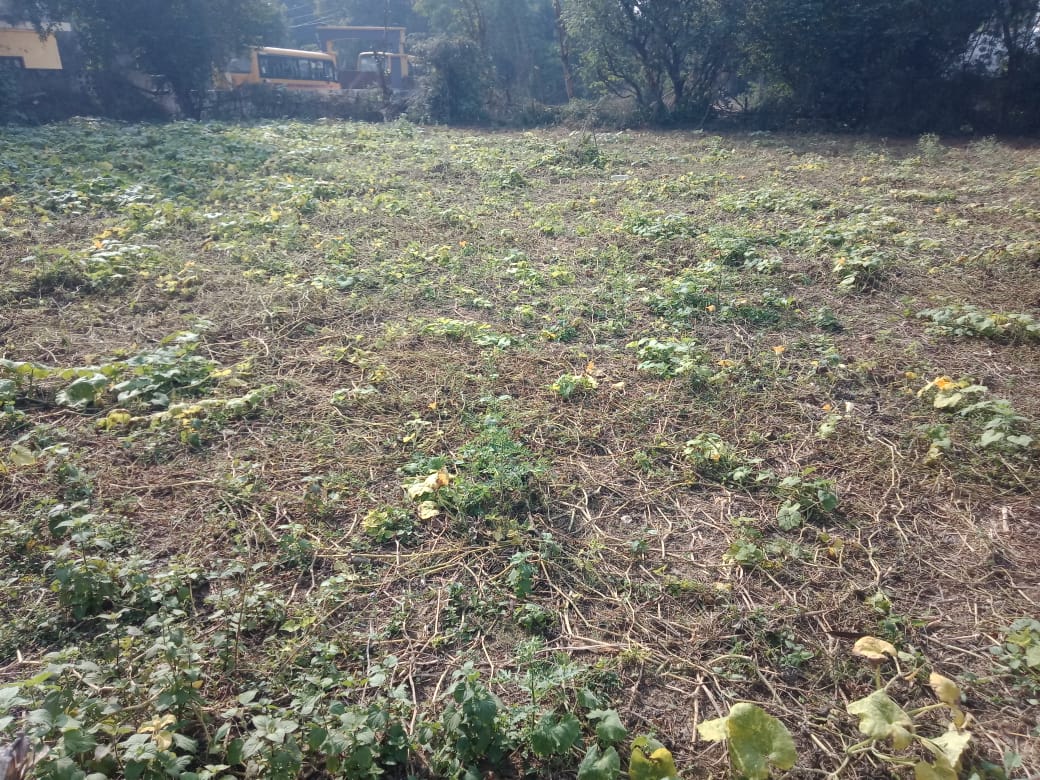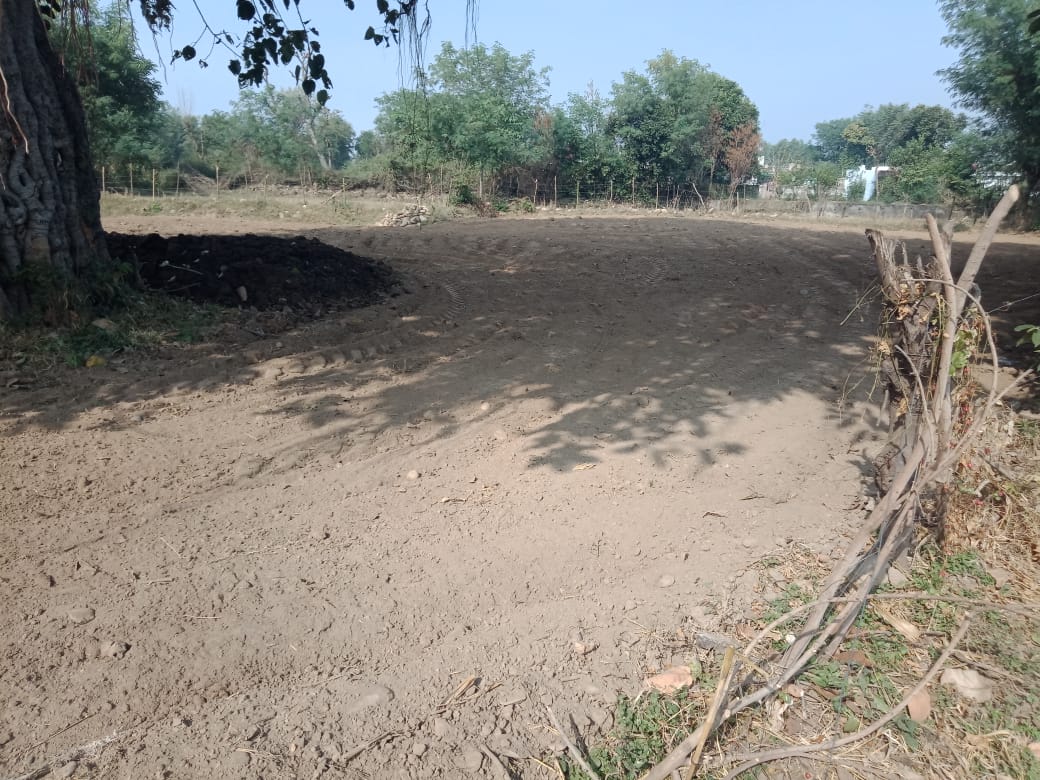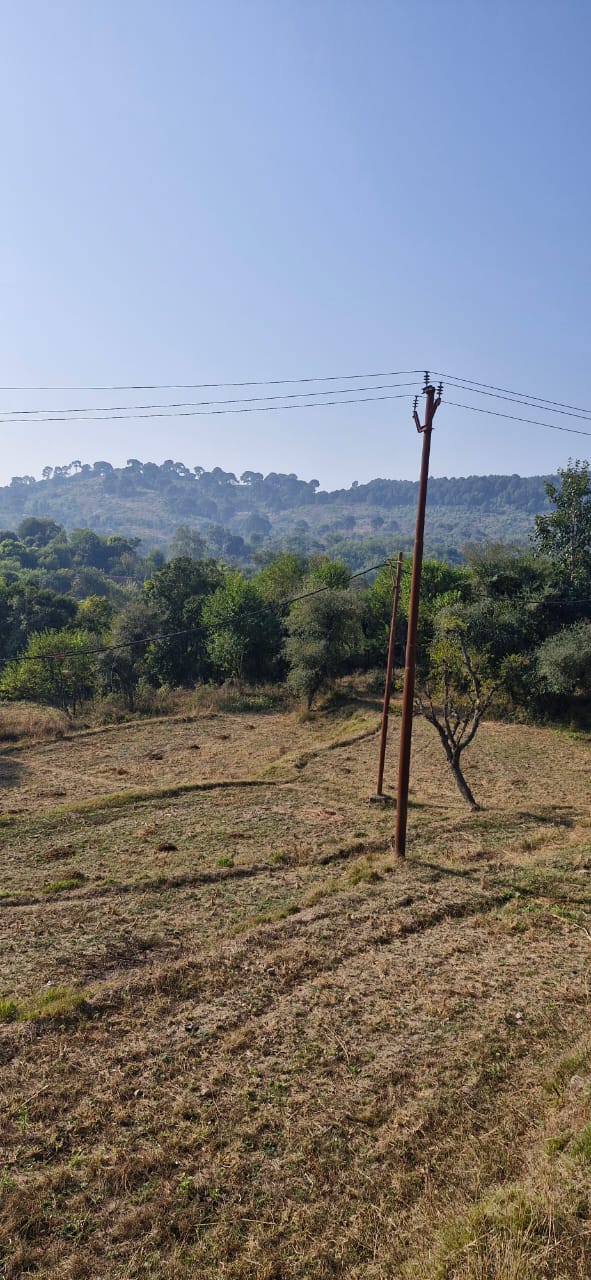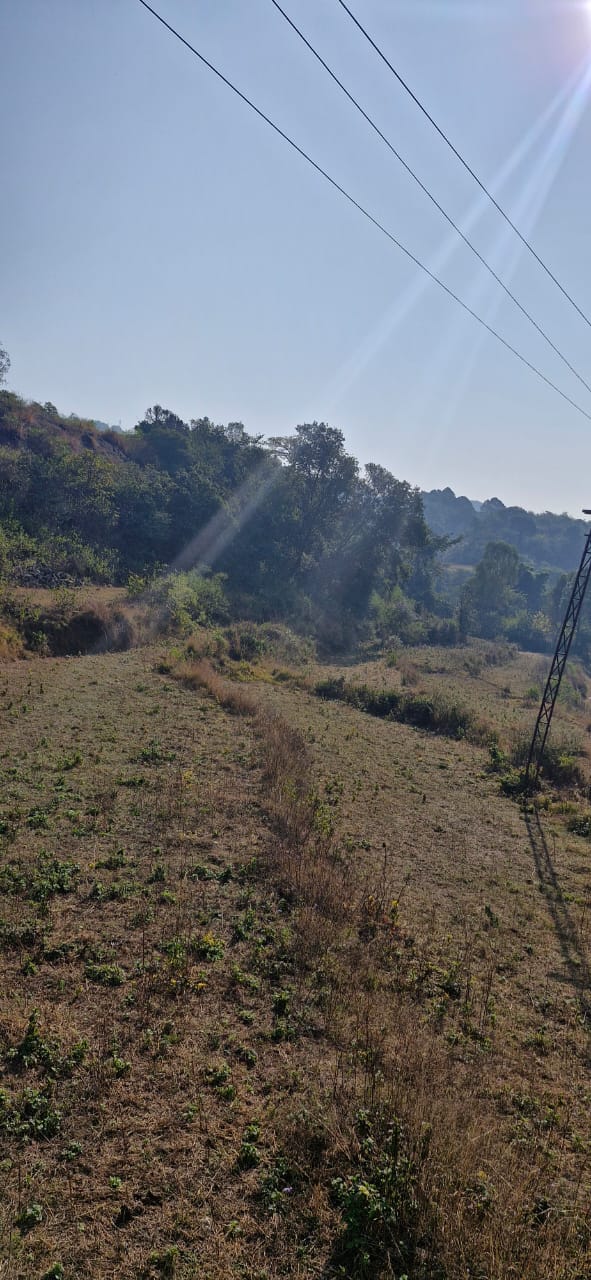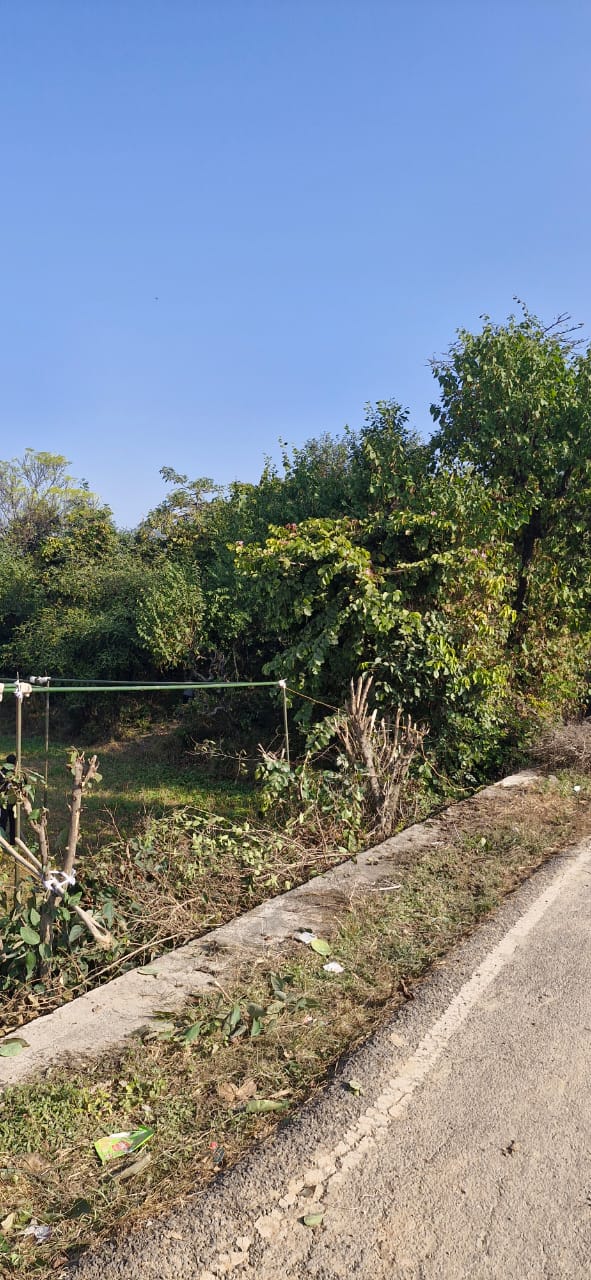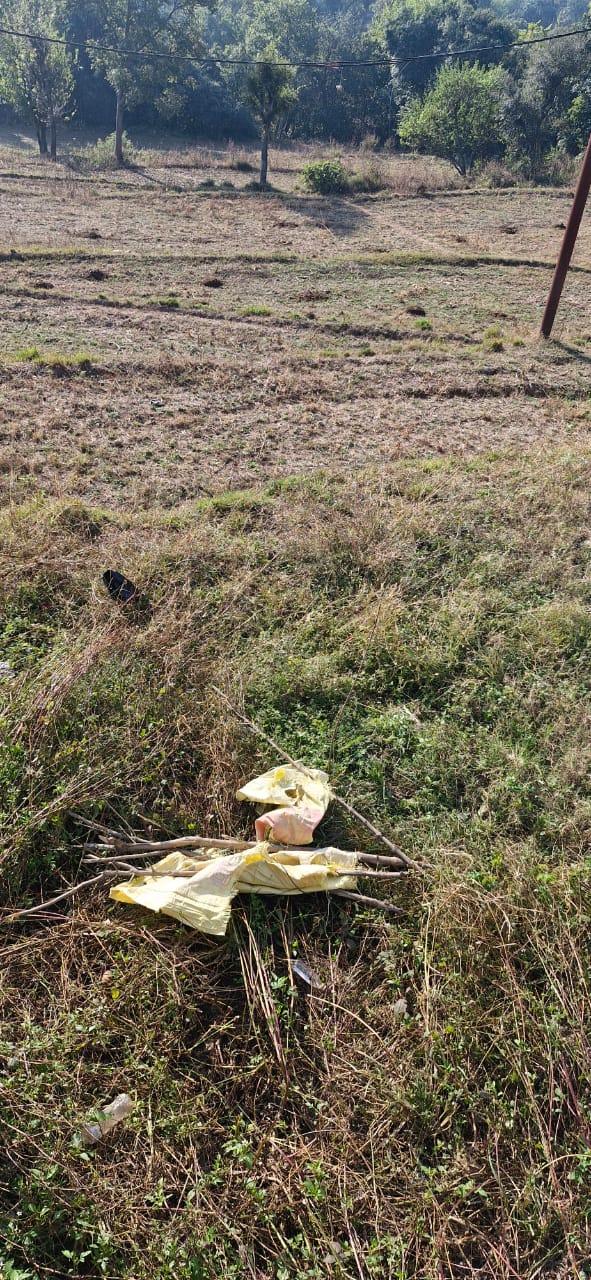Description
Introduction to Sungal
Sungal is a village located in the Akhnoor area of Jammu district in the Union Territory of Jammu and Kashmir, India. Nestled along the banks of the Chenab River, it is known for its scenic surroundings and historical significance. The region boasts lush greenery, agricultural fields, and proximity to Akhnoor town, which has a rich historical and cultural heritage. Akhnoor is famous for its ancient ruins, including those of the Harappan civilization and medieval forts. Sungal serves as a quiet and peaceful spot, ideal for experiencing the rural charm of Jammu.
Population and Urbanization
Sungal is a village located in the Akhnoor Tehsil of Jammu District in Jammu & Kashmir, India. As per the most recent census data, the population of Sungal is approximately 8,090, with a near-equal gender distribution (48.1% female). The literacy rate stands at 64.1%, but female literacy is significantly lower at 27.6%. The village covers an area of about 23.69 square kilometers and lies 6 km from Akhnoor town and 34 km from Jammu city.
Urbanization is minimal in Sungal, as it is primarily rural with agriculture being the main livelihood. Common crops include wheat, paddy, and maize. Basic amenities such as roads, electricity, and water supply are available, but challenges remain in areas like drainage and waste.
Cultural Heritage of Sungal
Sungal holds significant cultural and historical importance. The region is closely tied to the heritage of Akhnoor, known for its archaeological richness, including connections to the Harappan civilization and the Kushana dynasty. Nearby landmarks like Akhnoor Fort, perched on the Chenab River, showcase the area's historical depth, featuring artifacts from various historical periods such as Harappan pottery and Kushana.
Sungal itself reflects the cultural vibrancy of the region, with its population contributing to the preservation of traditional practices. Local events and festivals often celebrate the area's historical significance, creating a blend of historical and cultural.
Principal Attractions
-
Akhnoor Fort: Located on the banks of the Chenab River, this historic fort is one of the key highlights. Built during the reign of Raja Tegh Singh and completed by Raja Alam Singh in the early 19th century, it features magnificent architecture, including mural paintings and ancient Harappan ruins nearby.
-
Chenab River: The picturesque riverbank near Sungal is perfect for serene views and offers opportunities for leisurely activities. The area is steeped in natural beauty and provides a peaceful retreat.
-
Harappan Sites: Archaeological excavations near Akhnoor have uncovered remnants of the Harappan civilization, including pottery and other artifacts, adding to the region's historical allure.
-
Jia Pota Ghat: This historically significant ghat along the Chenab is where Maharaja Gulab Singh was crowned by Maharaja Ranjit Singh in 1822. It is a spot of cultural and historical.
These attractions make Sungal and its surrounding areas a blend of history, culture, and natural beauty.
Historical and Military Monuments
Sungal and its surrounding areas in Akhnoor are home to several significant historical and military monuments like:-
- Akhnoor Fort: A 19th-century fort showcasing grand architecture, mural paintings, and historic Harappan ruins.
- Harappan Site at Manda: Archaeological remains from the Indus Valley Civilization, including pottery and tools.
- Jia Pota Ghat: Historic site of Maharaja Gulab Singh's coronation by Maharaja Ranjit Singh in 1822.
Best Time to Visit: Seasonal Festivities
The best time to visit Sungal in Akhnoor is during the spring (March to April) and autumn (September to November) when the weather is pleasant and ideal for exploring its historical sites and natural beauty. Seasonal festivities such as Baisakhi in April bring vibrant cultural celebrations, including folk dances and music, reflecting the region's traditions.
The monsoon (July to August) enhances the lush greenery around the Chenab River, making it a serene getaway. Avoid the peak summer months, as they can be hot, and winter for outdoor exploration, though the cooler months are suitable for indoor activities.
Gastronomy: Local Cuisine
The gastronomy of Sungal reflects the rich culinary traditions of Jammu and Kashmir. Local specialties include Kalari Kulcha, a soft cheese made from goat or cow milk served with bread, often paired with spicy chutneys. Rajma Chawal, red kidney beans cooked with aromatic spices and served over rice, is a staple in the region. Another favorite is Khatta Meat, a tangy mutton dish made with pomegranate seeds or dry mango powder, representing the Dogri cuisine. Sweet treats like Patisa, similar to soan papdi, add a delightful end to
These dishes, along with the Kashmiri culinary influences like Dum Aloo and Nadru Yakhni, make visiting the area a treat for food enthusiasts.
Village Lifestyle and Values
The village lifestyle in Sungal, Akhnoor, is characterized by a strong sense of community, traditional values, and a close connection to nature. Residents primarily engage in agriculture, with crops like wheat, maize, and rice being staples. Daily life reflects simplicity, with people relying on local resources and practicing sustainable living.
Key values include:
-
Family and Community Bonds: Strong family ties and cooperative relationships among neighbors are central to village life. Celebrations, festivals, and religious activities are community-centric.
-
Cultural Heritage: Local festivals and rituals, such as those tied to Dogra and Kashmiri traditions, play a vital role in preserving cultural identity.
-
Self-Sufficiency: Villagers rely on agriculture and livestock for sustenance, emphasizing hard work and resilience.
-
Respect for Nature: With agriculture at the heart of their livelihood, villagers maintain a close relationship with the environment, practicing methods that align with natural cycles, lifestyle encapsulates the charm of traditional living, enriched by its cultural and historical significance.
Economic Activities: Occupations and Innovation
The economy of Sungal, Akhnoor, is mainly agricultural, with crops like wheat, maize, and rice, along with livestock farming. Traditional crafts such as weaving and pottery also contribute to local trade. There is a growing involvement in eco-tourism and renewable energy projects, driven by efforts to improve sustainability. Younger generations are increasingly exploring tourism-related activities as historical sites like Akhnoor Fort attract visitors.
Photos
Videos
Location Map
Contact Information
| Address |
Akhnoor Tehsil of the Jammu District, Pincode:- 181201 |
| Phone Number |
9419100165 |
| Email Address | |
| Website | https://jkpanchayat.jk.gov.in/directorypanch.php?panchayat=Sungal%20Upper |

